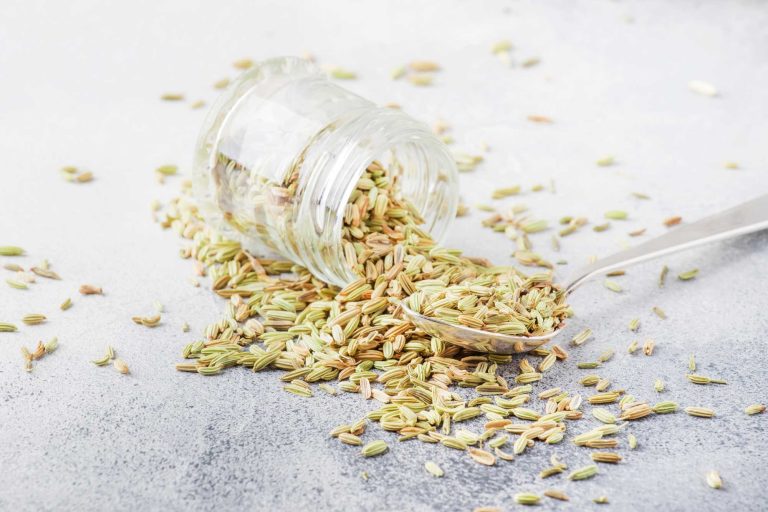When it comes to formulating wellness teas, fennel is identified as one of the most intriguing herbs. It may not receive the same attention as chamomile, hibiscus, or peppermint, but in the world of functional blends, fennel quietly stands out. It offers a naturally sweet, slightly licorice-like flavour that can soften harsh or overly earthy profiles, making it a formulator’s ally when building balanced, consumer-friendly infusions.
Yet, fennel’s value goes far beyond flavour. Over the years, we have observed how this humble seed consistently elevates both the taste and effectiveness of wellness teas. Its versatility allows it to fit into a range of concepts, and its long history in traditional medicine makes it familiar and approachable for consumers seeking natural health solutions.
A Digestive Powerhouse
When we think of fennel, digestion is the first benefit that comes to mind. Historically, fennel has been used for centuries to ease bloating, indigestion, and general discomfort after meals. In many cultures, particularly across India and the Mediterranean, chewing fennel seeds after eating is still considered a natural digestive ritual.
In tea form, fennel delivers the same comforting effect. It helps relax the gastrointestinal tract, reduces gas, and supports smoother, more efficient digestion. For this reason, fennel is almost always a go-to ingredient in blends created for digestive support.
From a formulation perspective, fennel combines beautifully with other digestive herbs. Pairing it with ginger enhances warmth and gut stimulation, while adding peppermint introduces a cooling, soothing quality. Licorice root blends well with fennel too, creating a naturally sweet base that works exceptionally well for after-meal teas. Together, these combinations create a complete, well-rounded digestive experience.
Supporting Detox and Cleansing
Fennel also plays a significant role in detox and cleansing formulations. While some detox herbs can be strong or bitter, fennel offers a gentle approach to cleansing. It acts as a mild diuretic, supporting the body’s natural ability to release excess fluids and eliminate metabolic waste. This makes it a functional addition for those seeking light, everyday detoxification rather than aggressive cleansing routines.
What formulators appreciate most when working with detox teas is how fennel enhances both taste and efficacy. Herbs such as dandelion root, burdock root, or nettle are powerful detoxifiers, but they can be intense. Fennel gently softens these profiles, making the teas more palatable without reducing the potency of the blend.
It also supports liver and kidney function, two systems essential to the body’s natural detox process. This dual role, functional support and flavour refinement, is what makes fennel such an effective ingredient in cleansing blends designed for regular use.
A Versatile Herb with Timeless Value
In wellness tea development, there are ingredients that perform well but need careful handling, and then there are ingredients like fennel, reliable, adaptable, and universally compatible. Fennel’s sweet, mellow profile makes it easy to incorporate into a wide range of blends without overpowering other elements. It complements herbs with heat, herbs with cooling notes, and even strongly bitter botanicals.
More importantly, consumers understand fennel. They associate it with comfort, digestion, and natural healing, which makes it an ingredient that builds trust. In a market full of bold new trends, fennel’s long-standing reputation gives it staying power.





